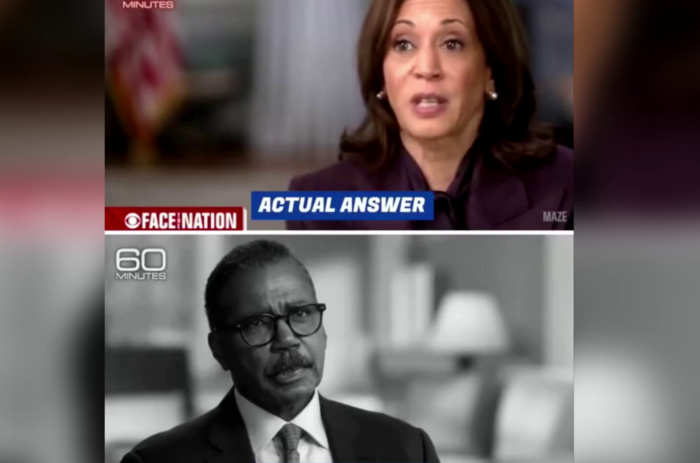redo Jump to...
print Print...
Directions
-Read the excerpt below from Simon Plosker's HonestReporting.com post.
-Read "Types of Media Bias" in the right column. Then answer the questions.
On Wednesday evening, Oct. 22, a Palestinian deliberately drove his car into a crowd of people disembarking Jerusalem’s Light Rail, killing a three-month old baby and injuring several more, in what was clearly a terror attack.
Initial reports produced some jarring headline fails. Take the Associated Press’s first headline, which has caused widespread outrage:

That the AP changed the headline within an hour and eventually arrived at the more accurate, “Palestinian kills baby at Jerusalem station” indicates that the wire service acknowledged that it had got it wrong with its initial headline. But the AP is still responsible for the immense damage that this headline can cause. For example, while AP may have updated its headline, what about those media outlets who had no qualms in keeping the original such as Turkey’s Daily Sabah?
 HonestReporting contacted the Associated Press’ Jerusalem office directly for an explanation and this was the response:
HonestReporting contacted the Associated Press’ Jerusalem office directly for an explanation and this was the response:
The headline in question was short-lived, written when confirmed details of what happened were scarce. The headline was replaced in just over a half hour as AP continued to publish updates about the incident, the driver and the victim. The final version of the story, and its headline, made clear what had happened.
If AP corrected its error, then Agence France Presse‘s treatment of the terror attack is potentially even worse by comparison. Some 17 hours after its first report at this time of writing, AFP is still running with this headline:
 So, for AFP, it’s still all about the shooting of a driver rather than the actions of a terrorist. While AP also made a similar error, it was, at least, corrected. AFP’s inaction is indicative of a media outlet that seemingly has no problem with its anti-Israel bias.
So, for AFP, it’s still all about the shooting of a driver rather than the actions of a terrorist. While AP also made a similar error, it was, at least, corrected. AFP’s inaction is indicative of a media outlet that seemingly has no problem with its anti-Israel bias.
Another repeat offender is the BBC. In typical fashion, the BBC cannot bring itself to attribute a Palestinian with responsibility for a terror attack:
Even as it became perfectly clear that this incident was not a simple road traffic accident, the BBC continued to place the emphasis on the vehicle rather than the driver, even questioning whether this was a deliberate act with the use of quotation marks around the word “attack”:
In every case, including the latest, the BBC headlines question whether it was a terror attack and place the emphasis for responsibility on a vehicle rather than a Palestinian behind the wheel.
All of the above demonstrate a responsive framing of an incident. In the case of Wednesday’s terror attack, that the AFP and BBC were unable or unwilling to move beyond their initial mindsets as the information became clearer yet again exposes these news organizations’ deep anti-Israel pathology.
Adapted from a post at: honestreporting.com.
To accurately identify different types of bias, you should be aware of the issues of the day, and the liberal and conservative perspectives on each issue.
Types of Media Bias:Questions
NOTE: A news agency (The Associated Press, Reuters and Agence France-Presse [AP, Reuters, AFP]) is an organization of journalists established to supply (sell) news reports to news organizations from around the world: newspapers, magazines, and radio and television broadcasters. Such an agency may also be referred to as a wire service, newswire or news service. The major news agencies generally prepare hard news stories and feature articles that can be used by other news organizations with little or no modification, and then sell them to other news organizations. Many news articles in U.S. news outlets are AP stories (and Reuters and AFP).
1. Why is it important for the media to provide accurate headlines for every news article?
2. Why do you think the Associated Press, AFP and BBC chose the headlines they used?
Scroll down to the bottom of the page for the answers.
Answers
1. Headlines can greatly influence readers’ opinions about the news. The importance of an accurate headline is that most people don’t read every word of every article; they often just skim the headlines. Therefore, those who read just a headline are not accurately informed when the headline misrepresents the story.
2. Opinion question. Answers vary.





